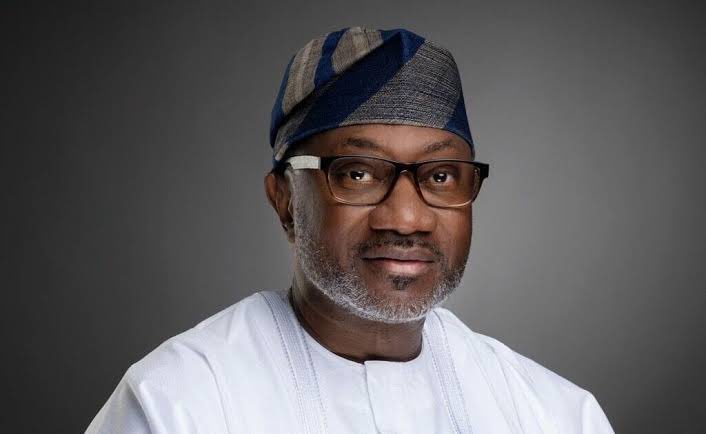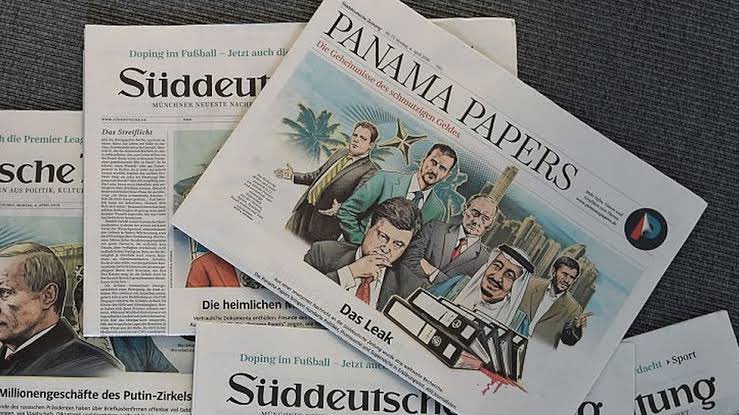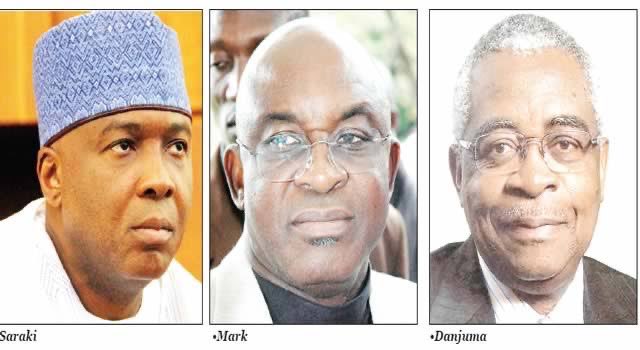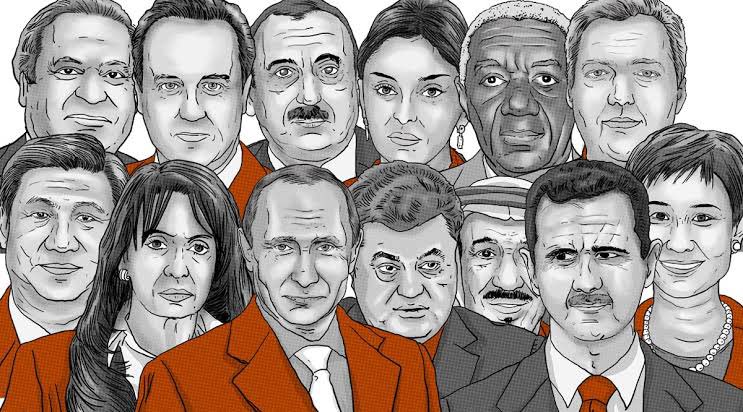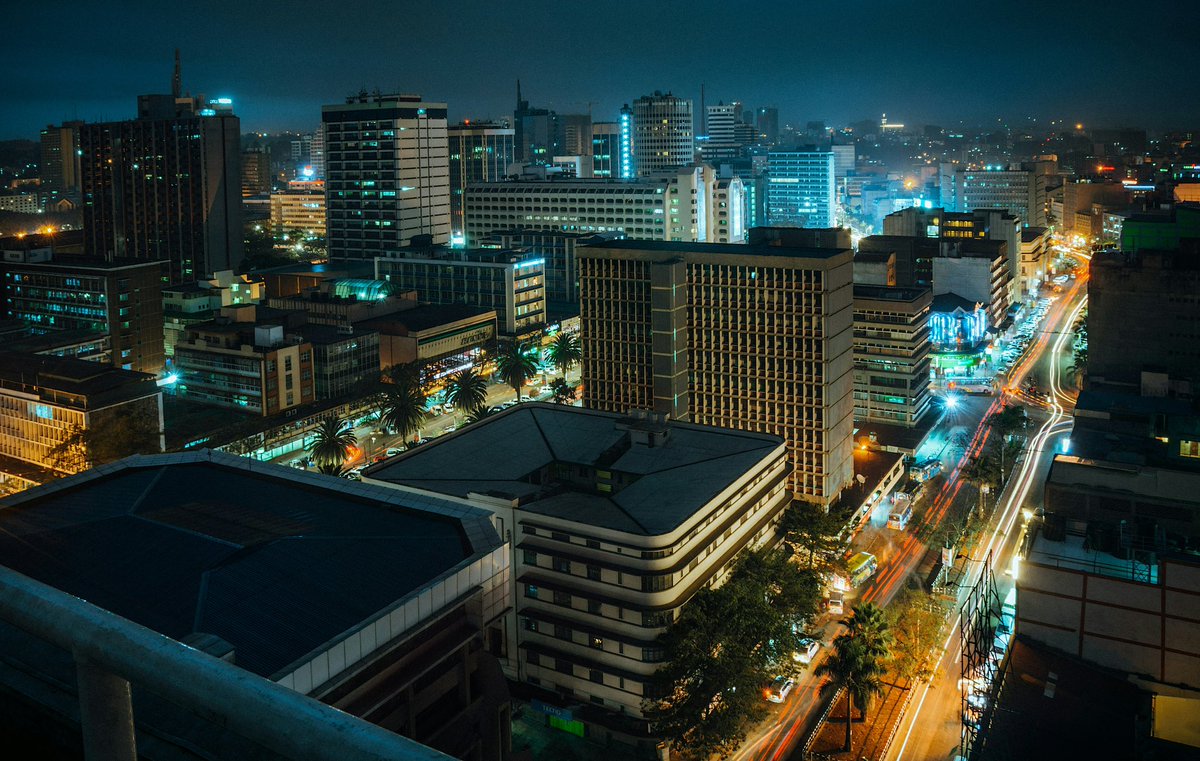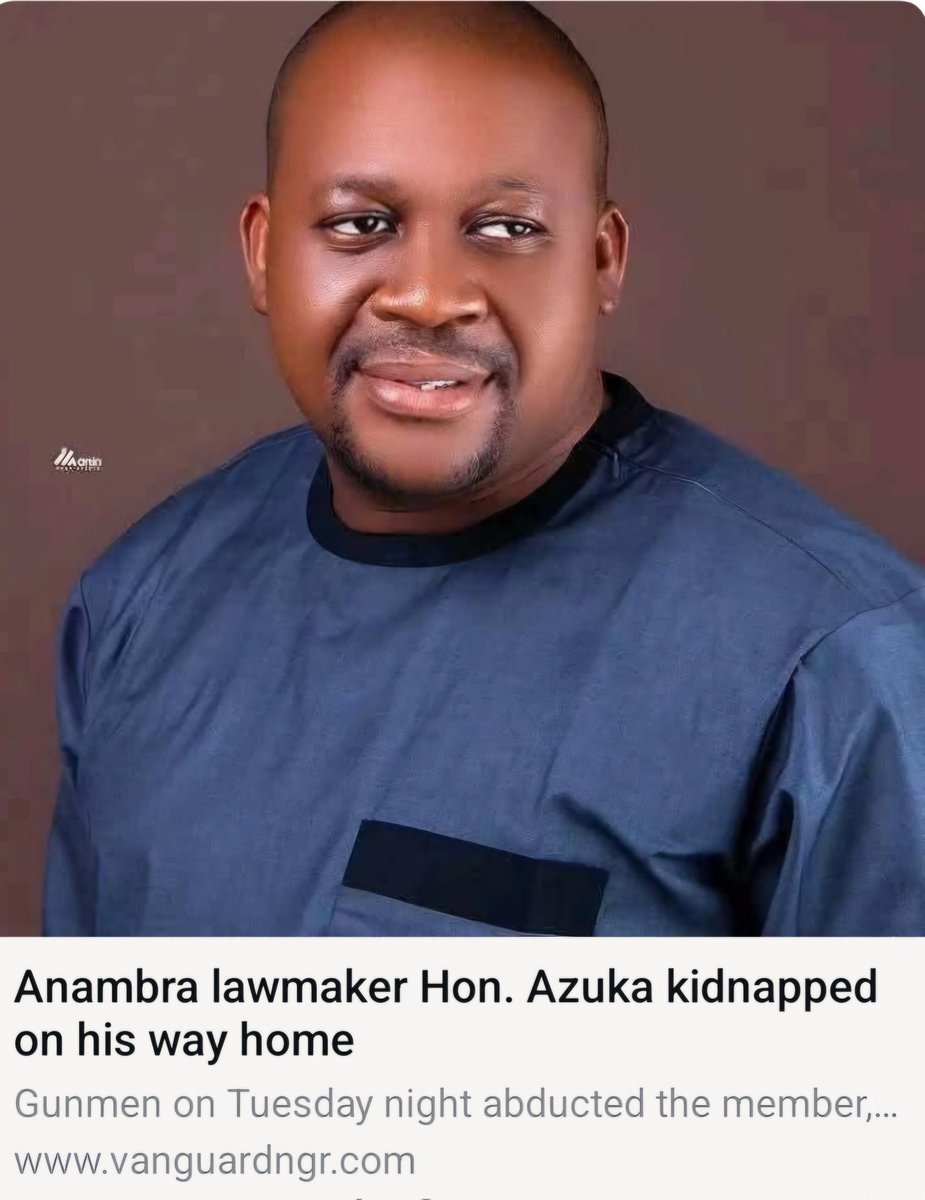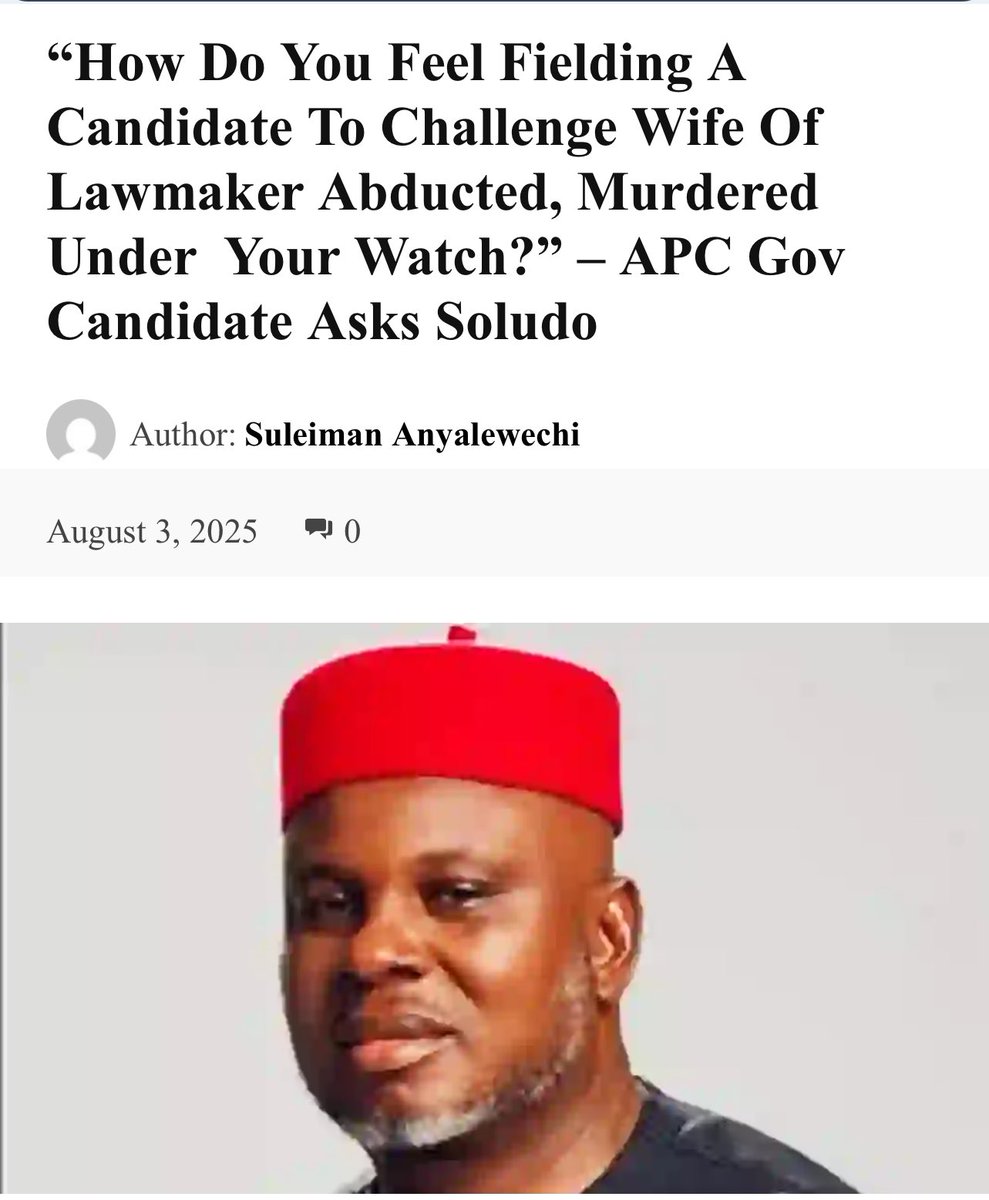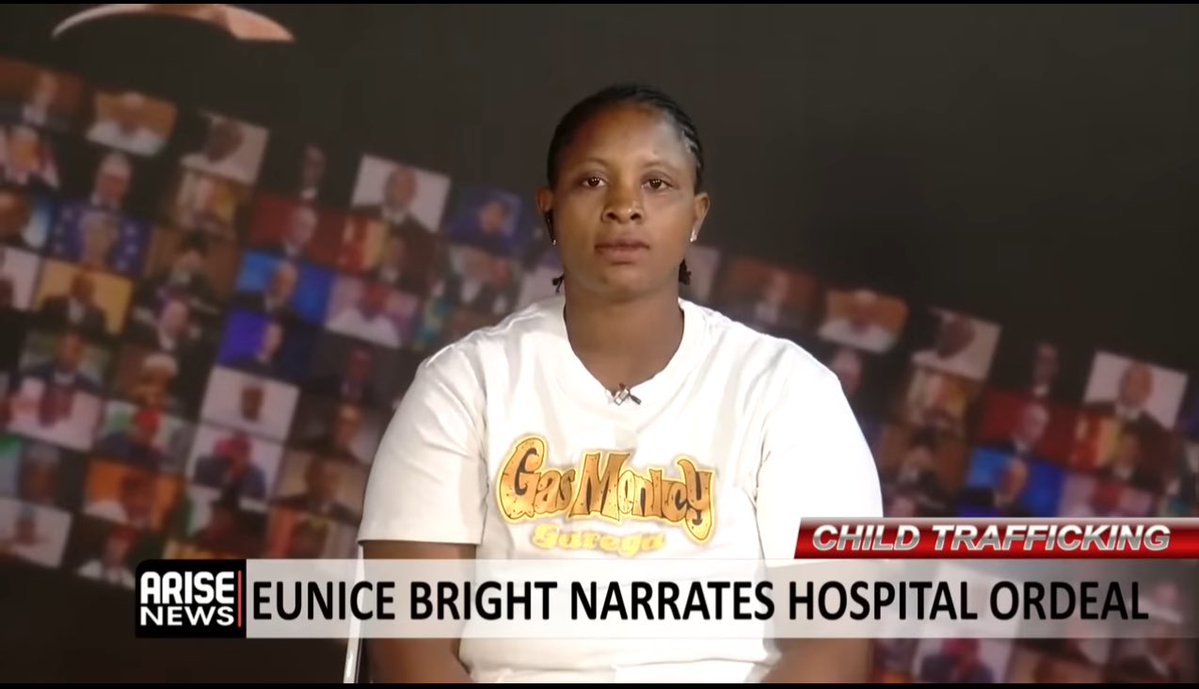Six Nigerians crowdfunded and transferred $782,000 to Boko Haram
Abdurrahman Ado Musa,
Salihu Yusuf Adamu,
Bashir Ali Yusuf,
Muhammed Ibrahim Isa,
Ibrahim Ali Alhassan,
Surajo Abubakar Muhammad
These are men who on a normal day were supposed to be ordinary businessmen in


Abdurrahman Ado Musa,
Salihu Yusuf Adamu,
Bashir Ali Yusuf,
Muhammed Ibrahim Isa,
Ibrahim Ali Alhassan,
Surajo Abubakar Muhammad
These are men who on a normal day were supposed to be ordinary businessmen in

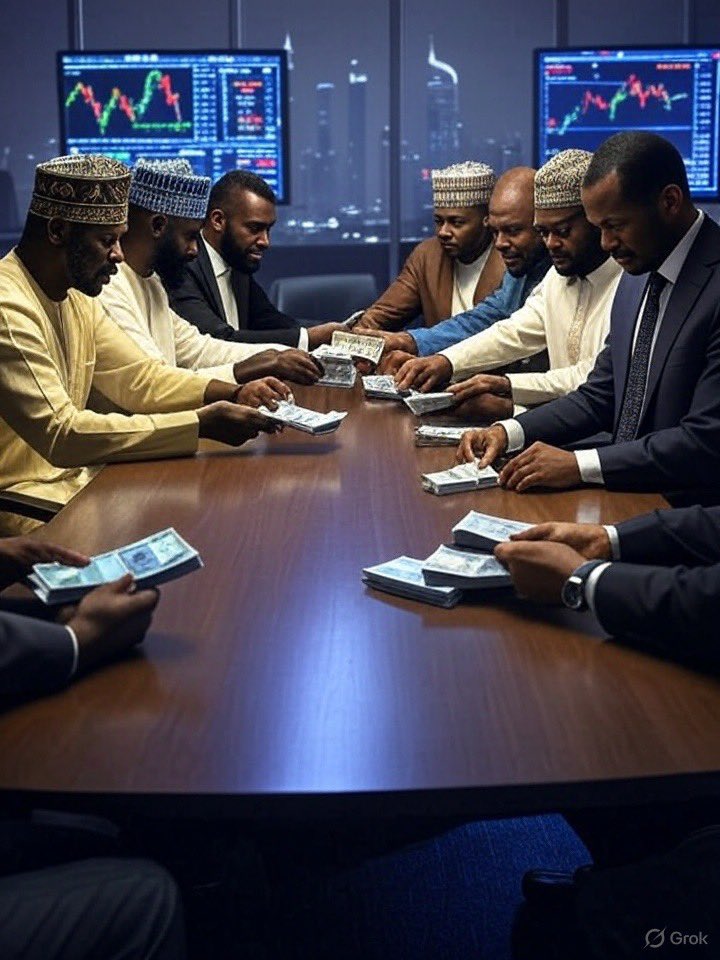

the UAE, but rather were cogs in a terrorist financing machine.
They were caught setting up a Boko Haram cell disguised as legitimate bureau de change (BDC) operations. They funneled what was about ₦300 million at the time, from Dubai to BH between 2015-2016.
They were caught setting up a Boko Haram cell disguised as legitimate bureau de change (BDC) operations. They funneled what was about ₦300 million at the time, from Dubai to BH between 2015-2016.
According to them, unidentified Arab intermediaries flew in from Turkey with cash bundles deposits. The six received them in Dubai, converted to naira equivalents, and wired to Boko Haram operatives in Nigeria.
The key players: Surajo Abubakar Muhammad, a BDC operator, was a central facilitator—instructed Nigerian partners on payouts.
The key players: Surajo Abubakar Muhammad, a BDC operator, was a central facilitator—instructed Nigerian partners on payouts.
Salihu Yusuf Adamu handled direct transfers knowingly. Ibrahim Ali Alhassan and others assisted in the chain, all under the guise of forex trading.
Their arrests hit in April 2017—by 2019, the Abu Dhabi Federal Court of Appeal slapped them with heavy sentences under UAE's anti-terrorism laws:
Two got life sentences:
Surajo Abubakar Muhammad
and Salihu Yusuf Adamu.
Their arrests hit in April 2017—by 2019, the Abu Dhabi Federal Court of Appeal slapped them with heavy sentences under UAE's anti-terrorism laws:
Two got life sentences:
Surajo Abubakar Muhammad
and Salihu Yusuf Adamu.
The other four, including Abdurrahman Ado Musa, got 10 years plus deportation. Appeals failed by December 2019.
What started as arrests in 2017 for what seemed like unlicensed currency exchange violations quickly unraveled into a full-blown terror financing probe.
What started as arrests in 2017 for what seemed like unlicensed currency exchange violations quickly unraveled into a full-blown terror financing probe.
This misassumption delayed recognition of the Boko Haram link, allowing the network to operate under the radar for years. Even more alarming, there's concern that key Nigerian operatives could still be active, potentially recruiting unwitting Nigerian hustlers in Dubai or elsewhere to continue funneling funds through similar scams—where victims are tricked into transferring money that ends up supporting insurgents.
Nigerian diplomats and intelligence agents in the UAE were reportedly aware of the case, yet there's no evidence of proactive follow-up to dismantle these remnants in Nigeria, which shows weakness in the national security. Perhaps an intentional one.
Then again, on the Nigerian side were two shadowy figures: "Alhaji Sa’idu," a senior courier who arranged the Arab handoffs, and "Alhaji Ashiru," a
Then again, on the Nigerian side were two shadowy figures: "Alhaji Sa’idu," a senior courier who arranged the Arab handoffs, and "Alhaji Ashiru," a
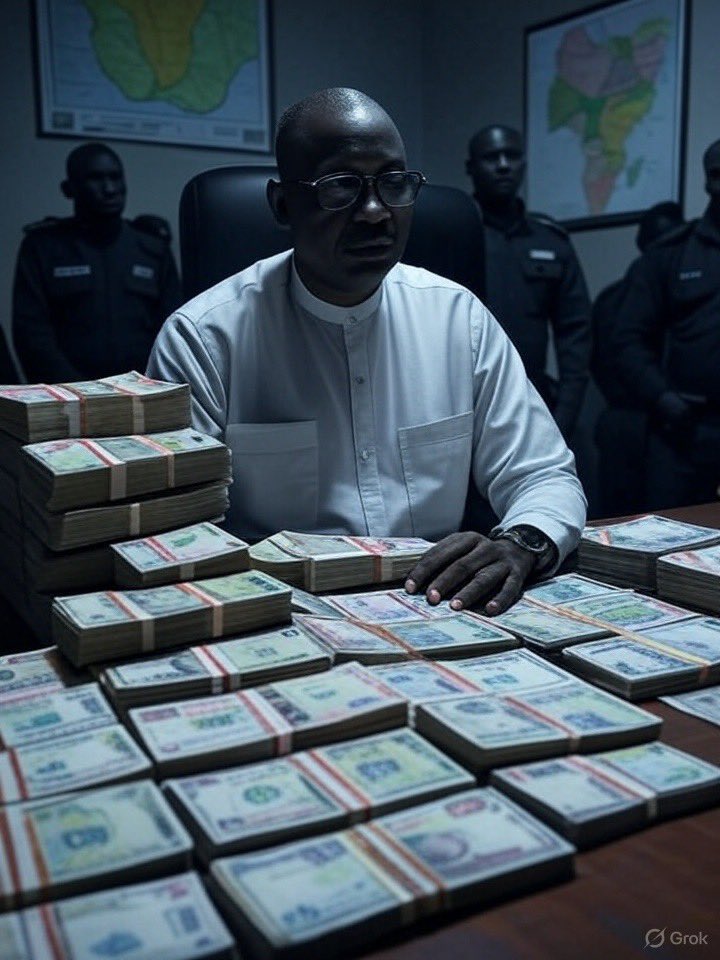
"Nigerian government official" siphoning public funds. This makes me wonder if National funds is syphoned laundered and channeled back to Boko haram in Northeast Nigeria.
Court records from the UAE case reveal more about their hands-on roles.
Court records from the UAE case reveal more about their hands-on roles.
Alhaji Sa'idu, based in Nigeria, was a senior undercover Boko Haram operative who orchestrated the handoffs since at least 2015. He coordinated with an unidentified Arab intermediary who would fly into Dubai from Turkey carrying large cash bundles in US dollars.
The six Nigerians would receive this cash, convert it to naira, and wire the equivalent back to Sa’idu through their Nigerian business partners for distribution to Boko Haram fighters. Alhaji Ashiru, explicitly identified as a high-ranking Nigerian government official
and undercover Boko Haram member, was involved in specific transactions by diverting misappropriated public funds into the pipeline.
This points to direct elite complicity at the government level, and it raises questions about how such figures evade scrutiny in Nigeria.
This points to direct elite complicity at the government level, and it raises questions about how such figures evade scrutiny in Nigeria.
The case file notes their names appearing repeatedly, disclosing a structured, ongoing operation rather than isolated incidents. Elite involvement is very much obvious, however Nigeria isn’t still ready to prob Terrorism deeper even as long as 10 years later.
A particularly serious revelation is the broader context of intelligence failures: The military campaign by Nigeria and neighboring nations to combat Boko Haram has been hampered by poor communication with concerns about information leaks which weakens teamwork.
This suggests deep infiltration or issues within Nigeria's military or government, fueling suspicions of internal sabotage that has prolonged the insurgency.
Meanwhile, UAE declared them terrorists in 2021. Then, March 2022, U.S. Treasury sanctioned all six under
Meanwhile, UAE declared them terrorists in 2021. Then, March 2022, U.S. Treasury sanctioned all six under
Executive Order 13224—freezing assets, banning U.S. dealings. Nigeria followed suit: Abdurrahman Ado Musa blacklisted in November 2022, others by 2023. This wasn't isolated—part of Boko Haram's transnational web.
While the UAE and US focused on these six, Nigeria's own sanctions
While the UAE and US focused on these six, Nigeria's own sanctions
committee has blacklisted additional individuals tied to similar Boko Haram financing networks. This includes figures like Fannami Alhaji Bukar, expanding the web beyond the UAE cell and indicating a larger diaspora operation across West Africa. This broader list, updated through
2023, shows the problem isn't isolated but part of a transnational ecosystem that Nigeria has been slow to fully address.
Nigerian response is often lukewarm at best. AG Abubakar Malami requested UAE records in 2020 for "fairness checks" and accomplice hunts, but no
Nigerian response is often lukewarm at best. AG Abubakar Malami requested UAE records in 2020 for "fairness checks" and accomplice hunts, but no
homegrown prosecutions🤦🏾♂️. NiDCOM knows, yet action stalls.
Boko Haram's funding evolves—extortion, kidnappings, now crypto. In 2024 alone, Nigeria convicted 85+ for crypto-linked terror financing.
These six were Early warning of diaspora channeling. Academic reports
Boko Haram's funding evolves—extortion, kidnappings, now crypto. In 2024 alone, Nigeria convicted 85+ for crypto-linked terror financing.
These six were Early warning of diaspora channeling. Academic reports
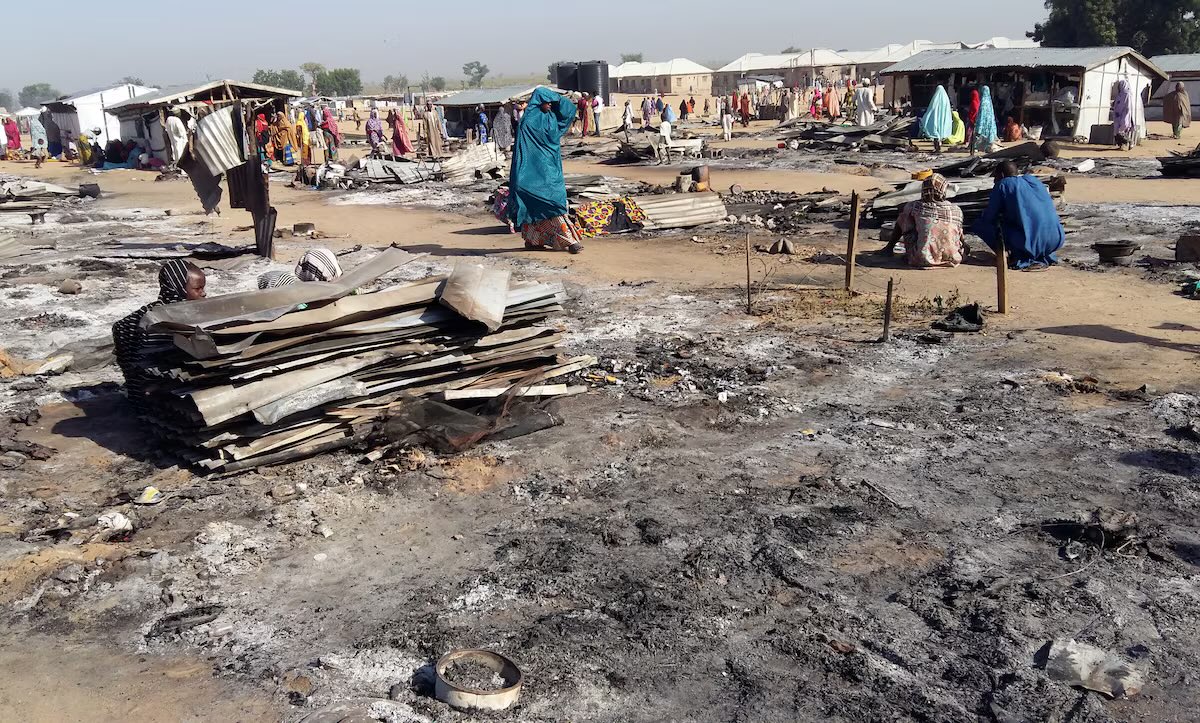
tie it to remittances and smuggling across West Africa, but Nigeria?? We know how Nigeria is. A very unserious Country
Remember Ali Modu Sheriff or Ali Ndume? Accused of Boko Haram links but never convicted, and nobody talks about it no more. That’s typical Nigeria way.
Remember Ali Modu Sheriff or Ali Ndume? Accused of Boko Haram links but never convicted, and nobody talks about it no more. That’s typical Nigeria way.
• • •
Missing some Tweet in this thread? You can try to
force a refresh



